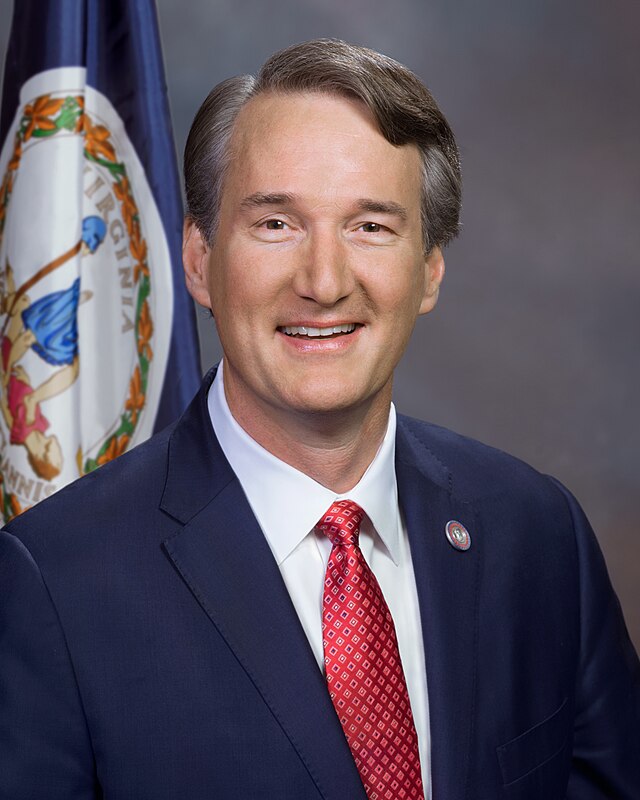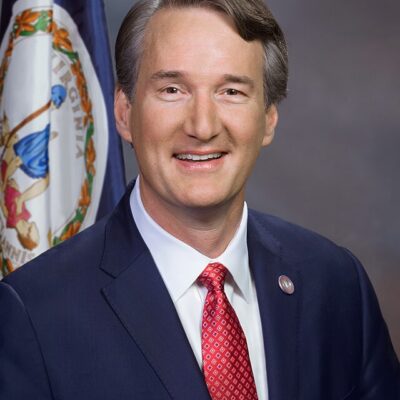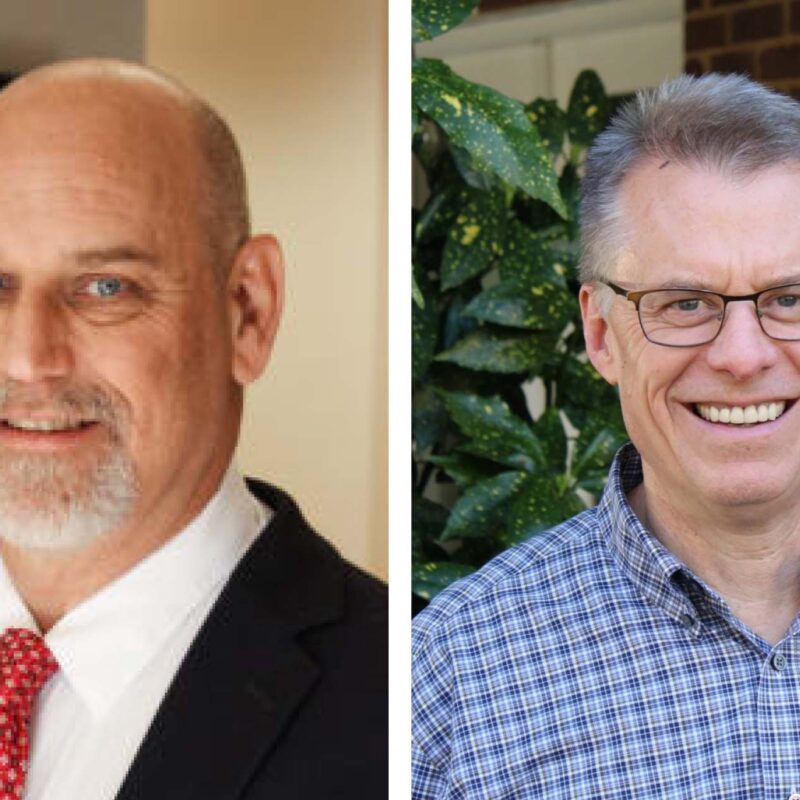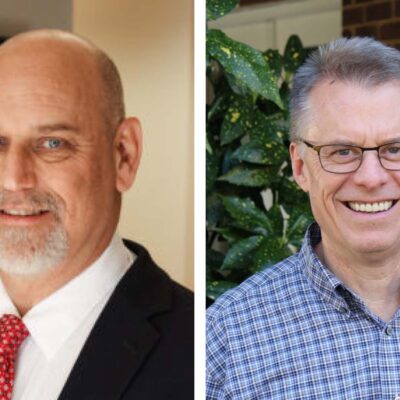music
The reviewers sit huddled together to the left of the stage, notebooks of multiple sizes drawn, pens clicking or uncapping with snips, same press packets for The Police‘s 2007 tour splayed across laps or tucked into bags beneath our seats. In the dark of the audience, the lights carried by blue-vested ushers guide groups of three or four down stairs from all sides while Fiction Plane frontman Joe Sumner (the son of Gordon "Sting" Sumner, who hiccups off of careening high notes into nonsense syllables and leaps from speaker stacks just like his old man) and his bandmates fill the high end of the John Paul Jones Arena’s acoustic sphere with effects-heavy guitar and cymbal ripples.
 Every little Sting we see is magic: The Police (fronted by an ageless Gordon Sumner) rolled through a pre-arranged set of classics at the John Paul Jones Arena. |
A brief set ends, the lights come on, and chatter begins. Reviewer No. 1 has my left ear and mentions recently spending $170 (including service fees) to see Van Halen; Reviewer No. 2 has my right ear and $180 tickets to see Neil Young in Washington, D.C., a trip he’ll make from Richmond. A quick lap around the arena yields few familiar faces: Local drummer Darrell Rose says hello, and a friend will tell me that he attended a few days after the concert. But the crowd—mostly in their 30s, still trickling towards their $90 to $225 seats, later said to number roughly 10,000—seems composed of many folks that made the trip from out of town.
Break over, lights out: In a soft blue light, the stage appears to break apart into jagged multilevels and Stewart Copeland rises from behind his drum kit in a bicycle jersey and headband, standing within a three-walled cage of percussion instruments, tracing circles around a gong while cymbals and chimes hang like a bronzed dining set around him. Guitarist Andy Summers walks stiffly onto the stage in a black suit, moving as if his leg bones were fused and kneeless, and renders the audience gloss-eyed and enchanted with the opening notes of "Message in a Bottle." The spell is broken only at the arrival of Sting, vacuum-packed into black pants and a sleeveless t-shirt, as he strides to his microphone, his voice a broad-throated yelp as he sings, "Just a caaastaway," every fan trying to match his careening vocals, creating a dissonant and overwhelming echo.
Between Copeland’s ear for the melodic range of drums and Sting’s ability to hold notes over complex bass lines, the Police know how to plan a setlist, but this one hasn’t changed so much as a breath all tour. The uptempo punk of "Truth Hits Everybody" and "King of Pain" rescue lags in the band’s performance, the latter opening a prearranged encore that still stirs listeners with a few rumbling ballads. However, age shows through a carefully planned set of hits: A lower key for "Don’t Stand So Close to Me" helps Sting yelp the high notes but hinders the tempo, the band’s deceleration noticeable at each chorus.
Few people made a clean guitar tone sound nastier than Andy Summers on record, but onstage the guitarist himself walks like a mummy in a rainstorm, fearing disintegration at any second. During a telling moment in "Driven to Tears," Sting jaw-juts and high-steps towards his bandmate, stooping to dig his shoulder into Summers’ back, urging Summers further upstage. With cameras capturing and transfering this pairing to the large screens encircling the stage from above, Sting’s words to Summers are readable, an encouragement and possible reprimand: "Come on."
By the end of the set (capped with a red light-soaked stage and "Roxanne"), Summers seems finished. Although "King of Pain" opens the encore in high spirits, Copeland thrilled to turn his back to his bandmates and play in his percussion jungle, the drummer’s eyes seem strained and flat. The only man going strong is Sting, powering through "Every Breath You Take" flawlessly, but he knows how the night will end, just as tomorrow night’s set will, the same songs exchanged for the same dollars, note for note.





